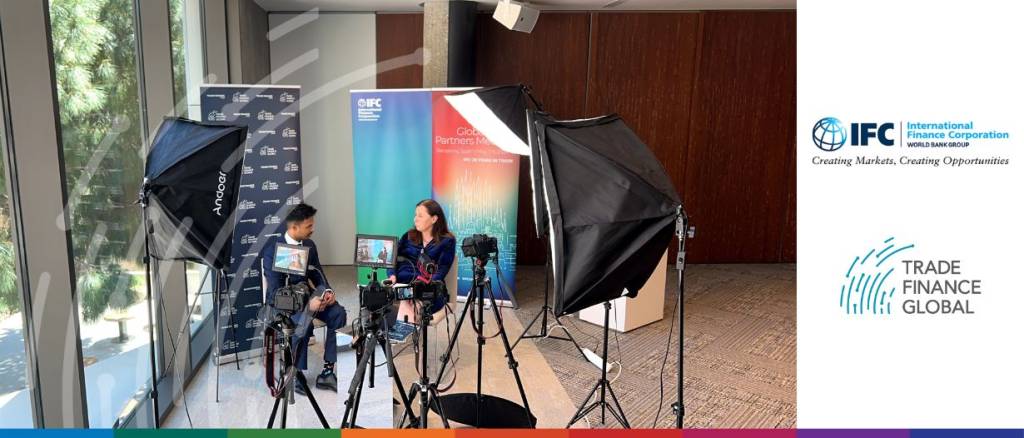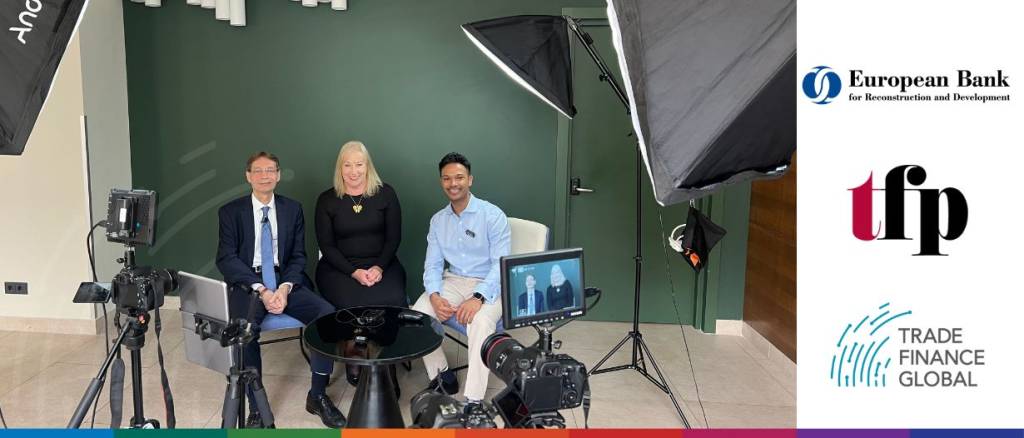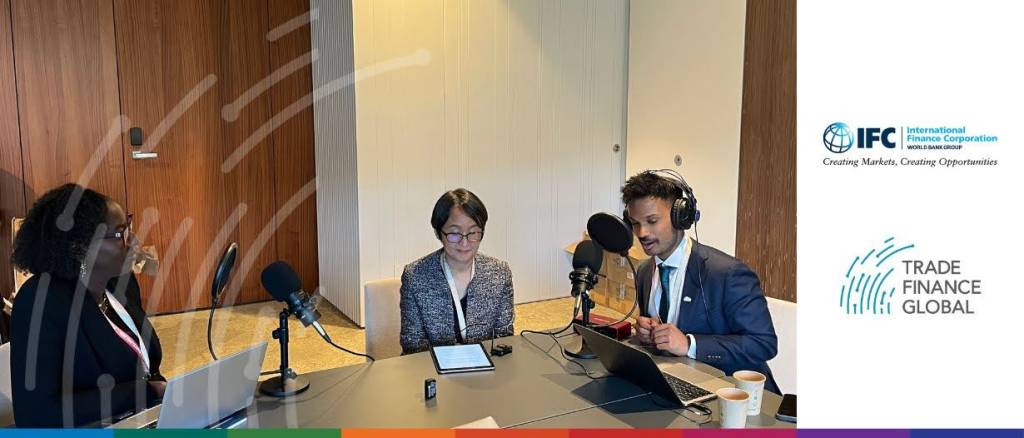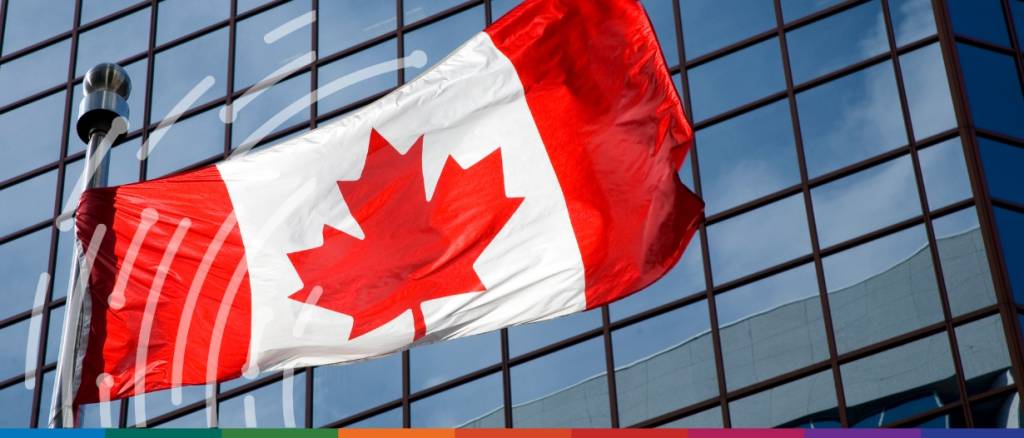At the International Finance Corporation’s (IFC) Global Trade Partners Meeting, this room full of female international trade experts discussed the challenges that women entrepreneurs face in the global trade market and strategies for changing the status quo.
The selection of women leaders to any global organisation is still rare enough to make headlines when it happens. Jane Fraser at Citi, Ngozi Okonjo-Iweala at the World Trade Organization and Doreen Bogdan-Martin at the International Telecommunication Union are a few recent examples.
International trade is the lifeblood of the global economy serving as a vital catalyst for economic growth, innovation, and prosperity across nations, including in the MENA region.
Trade Finance Global spoke with Çağatay Baydar, Chairman at FCI and Irina Tyan, Principal Banker, TFP at the EBRD about factoring and SCF.
The International Finance Corporation, a member of the World Bank Group, has released a whitepaper, “Banking on Women Who Trade Across Borders”, exploring the gender disparity in international trade.
At the EBRD 2024 annual meeting in Yerevan, Armenia, the Trade Facilitation Program (TFP) was in the spotlight as it transitions leadership from Rudolf Putz to Shona Tatchell.
IFC’s whitepaper “Banking on Women Who Trade Across Borders”, speaks to the gender disparity that still exists in the international trade space, particularly in emerging markets.
To help demystify some of the greatest challenges facing the shipping and freight forwarding industry today, Trade Finance Global (TFG)’s Deepesh Patel spoke with Director of HR Maritime, Richard Watts.
At Commodity Trading Week (CTW) in London, where the commodity community was gathered for two days, Deepesh Patel, Editorial Director, Trade Finance Global (TFG) spoke with Ben Hillary, Managing Director at Commodities People.
As international payments continue to increase in Canada, alongside the growth of international commerce, consumers and businesses alike will benefit from evolving payment innovations and standardisation.
























